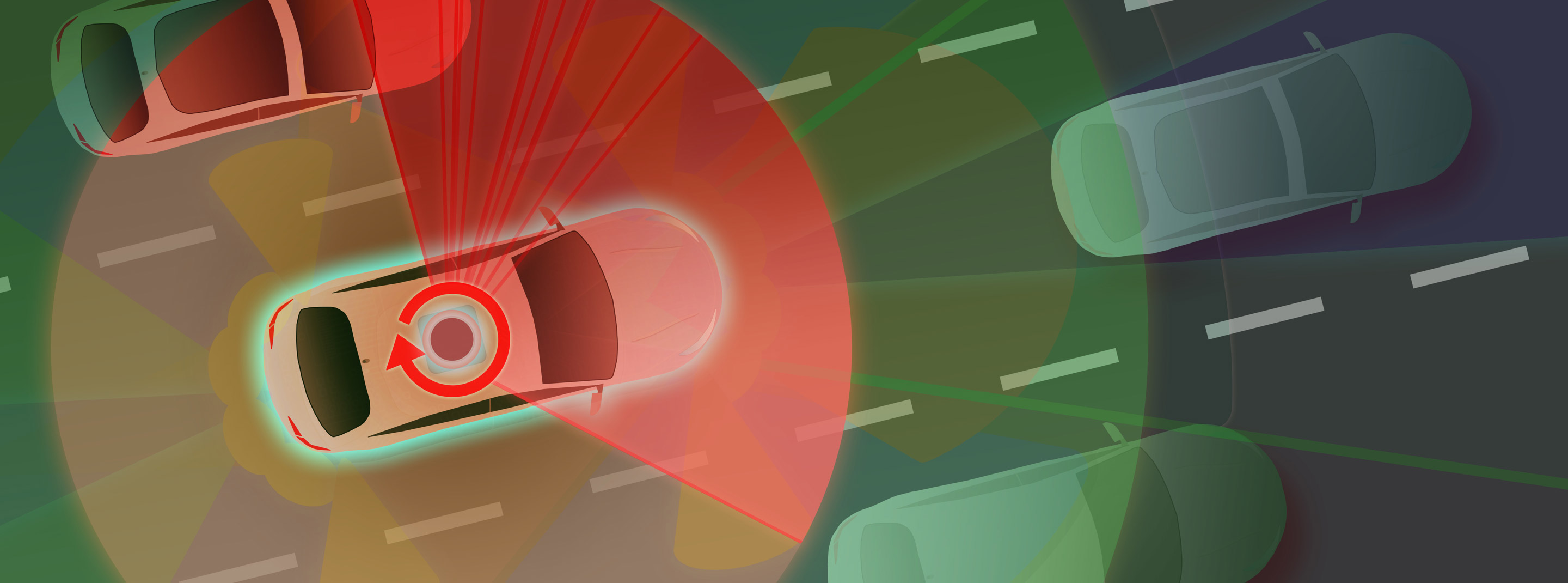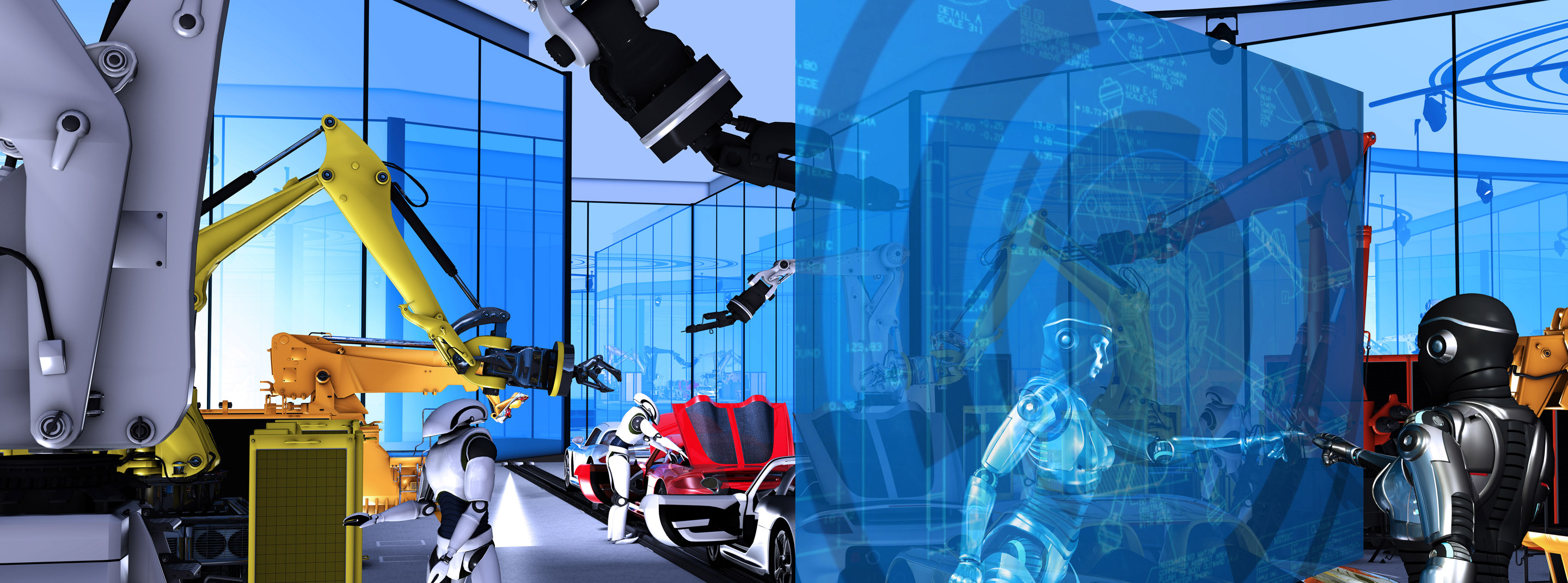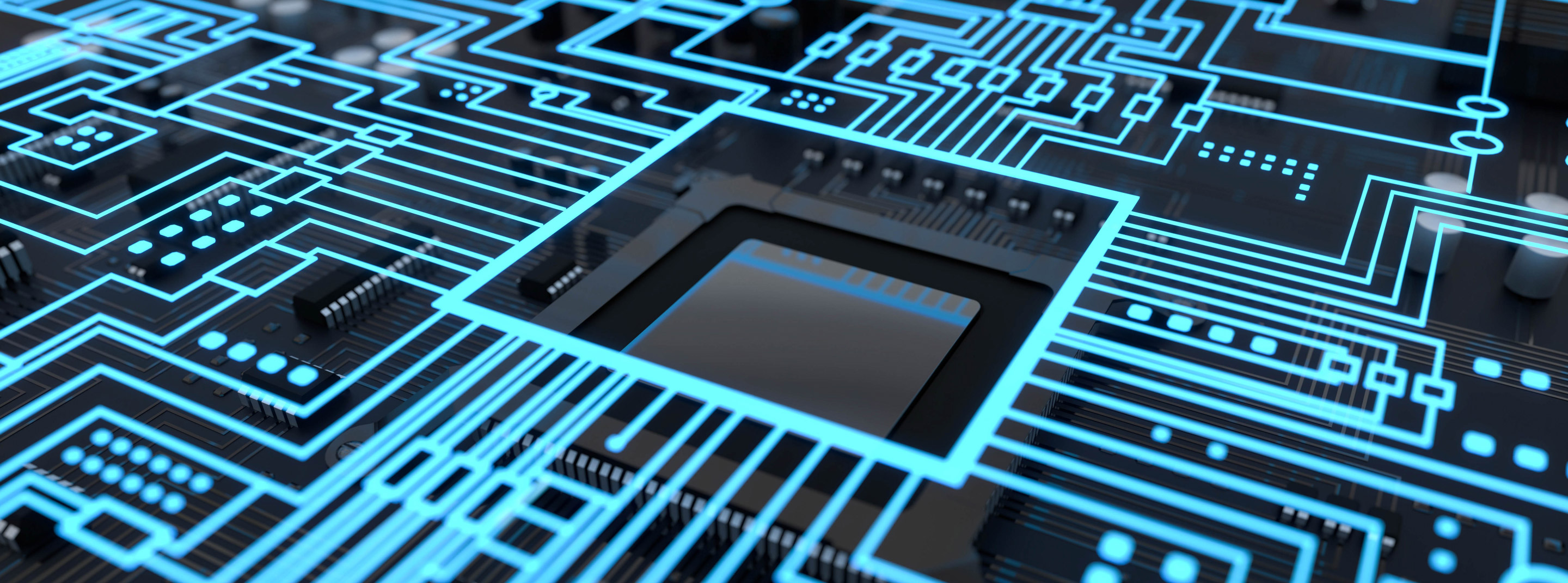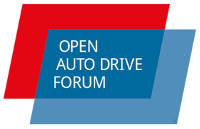
In the “MEHREN” project (Multimotor Elektrofahrzeug mit höchster Raum- und Energieeffizienz und
kompromissloser Fahrsicherheit [Multimotor electric vehicle with maximum space and energy efficiency
and uncompromising driving safety]) a wheel-hub drive is being built by automotive manufacturers,
suppliers and research organizations and tested in a test vehicle. With the wheel-hub drive, driving
dynamics and safety are significantly increased, and vehicles can be considerably smaller due to the
compact drive units.

Based upon MEHREN, the “RABBIT” project (Radnabenantrieb ohne Bremse / Bremswiderstand integriert in
Thermomanagement [wheel-hub drive without brake / braking resistor integrated into thermal
management]) involves the designing of a wheel-hub drive that brakes purely electrically on the
drive axle while still fulfilling all licensing requirements in road traffic. The wheel-hub drive is
easier to use, lighter and cheaper. In addition, the range increases because the braking energy can
be used to charge the battery and to heat the interior.
http://www.projekt-rabbit.de/de/















